‘Just plain wrong’: Elizabeth Warren calls on Stop & Shop to reinstate hazard pay
"They didn’t sign up for a job that meant putting their lives at risk every day, but they are doing it."
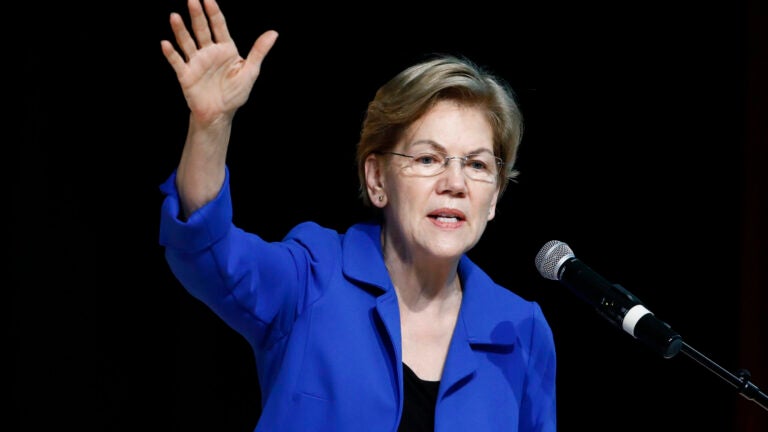
Related Links
Sen. Elizabeth Warren is at the helm of the charge of Washington lawmakers demanding the country’s major grocery retailers, including Stop & Shop, Wegmans, and Whole Foods, reinstate hazard pay for hourly workers as companies have peeled back the compensation even as coronavirus cases have skyrocketed in recent weeks.
“Frontline workers are taking all of the risk,” Warren said Friday on a video press conference call alongside fellow Democrat Sen. Sherrod Brown, of Ohio, and the United Food and Commercial Workers International Union, who, together, are calling on companies to extend the pay raises they doled out to employees at the pandemic’s onset and to establish and enforce on-the-job safety protections.
“They’re the ones taking on the emotional turmoil,” Warren added. “They didn’t sign up for a job that meant putting their lives at risk every day, but they are doing it, and they should get strong hazard pay, or at least an acknowledgement of that extra risk.”
Warren and Brown, with the backing of 11 other senators, have sent letters to CEOs of 15 major grocery store chains — including Stop & Shop’s parent company, Ahold Delhaize — urging them to bring back the pay bumps as COVID-19 continues to loom — and flourish in some areas — around the country.
According to UFCW, 93 grocery workers have died from the coronavirus, while 12,045 have been infected or exposed to the illness.
“It makes no sense that in March and in April — the last time that we saw cases exploding — companies were willing to pay hazard pay,” said UFCW President Marc Perrone. “But now they act as though there is no need for these workers to receive that pay, even though there are obvious risks they are facing every day.”
A recent national poll of 4,000 grocery workers conducted by the union revealed most worry about bringing the illness home with them and that their employers are not enforcing face mask regulations in stores.
Nearly one in two workers say they are concerned more about the virus now than two weeks ago, according to UFCW.
“UFCW members risk their lives every day so Americans can keep food on the table. They are keeping our society going,” Brown told reporters. “Corporations claim to understand that, they claim to recognize that. They run feel-good ads saying thank you to essential workers. They claim these workers are at the heart of their companies. But thank you is not enough. Workers don’t need a P.R. campaign. They need fair pay. They need protections on the job.”
Warren, on the call Friday, took particular aim at Quincy-based Stop & Shop, which ended its 10 percent hazard pay program for frontline workers on July 4.
The chain’s Dutch parent company, in May, reported first-quarter operating income of approximately $1.1 billion — a 40 percent rise compared to the same quarter last year. Sales reached roughly $20.7 billion — up by 12.7 percent.
U.S. store sales, excluding gasoline, increased by 13.8 percent “with all brands generating double-digit comparable sales growth due largely to the COVID-19 outbreak,” the company said.
“Profits are up. They aren’t cutting hazard pay because business is down, (and) it’s the only way to keep the stores open,” Warren said. “The company has just decided it doesn’t want to acknowledge and compensate the workers who are essential to their business. That is just plain wrong.”
In the letter from senators to Ahold Delhaize USA CEO Kevin Holt, lawmakers said they appreciate that the company provided pay increases and bonuses to employees during the first few months of the health crisis. But unlike the temporary raises, the pandemic still remains, they wrote.
While Massachusetts is among a handful of states showing positive trends in beating back the coronavirus, the threat of the virus has all but left the Bay State, officials have said. Even as hospitalization rates have fallen since the springtime peak, new cases and related deaths continue to be reported daily, inching the state’s totals to 112,879 and 8,402, respectively, as of Thursday.
Grocery store employees are considered essential workers in Massachusetts, with approximately 25,000 people employed on the front lines, among them 15,000 UFCW members who are employed by Stop & Shop, lawmakers say.
Several grocery store workers in the commonwealth have died from COVID-19.
Separately, all 11 members of the commonwealth’s Congressional delegation, led by Warren, also signed a letter to Stop & Shop President Gordon Reid on Wednesday, urging him to reinstate the pay bump.
“Since the onset of the COVID-19 pandemic, grocery store workers have played a critical role in keeping the country fed, but doing so has put them at higher risk of exposure to COVID-19,” the letter says. “As the pandemic continues to affect communities, it is imperative that essential workers have the rights, protections, and benefits they need and deserve to remain safe and appropriately compensated for the risks they take to serve your business and their communities.
“The extra stress, fear, and risk workers face about their health and safety has not abated, and we believe they should continue being compensated for that additional hazard,” the letter adds.
A Stop & Shop spokesperson told Boston.com in an email Friday the “appreciation pay program” was launched in partnership with UFCW in March. The company announced on May 28 it would extend the initiative through July 4.
“We deeply appreciate the extraordinary efforts of our associates and have been pleased to offer and extend our appreciation pay program for longer than nearly every other food retailer,” Stop & Shop said in a statement. “The purpose of this temporary extra pay was to recognize our associates for their hard work during an unprecedented surge in demand and customer traffic. As states continue to reopen, we are returning to pre-COVID levels of traffic and demand.”
The company said it will continue to take steps to keep employees and customers safe, adding that a flexible leave policy and additional paid sick leave are still available to workers.
Stop & Shop is far from the only retailer who’s scaled back on the compensation. Kroger, Albertsons, and Amazon have all ended hourly pay bumps, although some give their employees bonuses, The New York Times recently reported.
Many companies, like Stop & Shop, have said the boost was intended to serve employees when sales surged earlier this year when the public began hunkering down at the start of the public health crisis — trends that have since concluded, the Times reports.
Furthermore, some companies are incurring new expenses to meet the needs of operating during a pandemic. Walgreens, for example, said Thursday that its frequent store-cleaning regimen and labor costs added up to an overall loss during the quarter, according to the newspaper.
Full-time workers at Walgreens were given a $300 bonus in April, but no plans for any other bonuses have been announced and the company is now working to reduce expenses, the Times reports.
Whole Foods owner Amazon meanwhile is doling out $500 bonuses in lieu of its $2-per-hour raise store and warehouse employees had been receiving.
But lawmakers say companies should provide hazard pay for the duration of the public health emergency.
Coronavirus-related deaths are increasing again at a notable pace nationwide, with the number of new cases soaring higher in late June than during the springtime peak, according to the Times.
“The numbers increase every day,” Brown said. “If workers deserved hazard pay in April as many of them got from their employers, they certainly deserve it even more now.”
Correction: This story has been updated to reflect Trader Joe’s has not ended its “Thank You Pay” program, which the company says will continue through Dec. 31 and until the store is “no longer considered an essential business.”
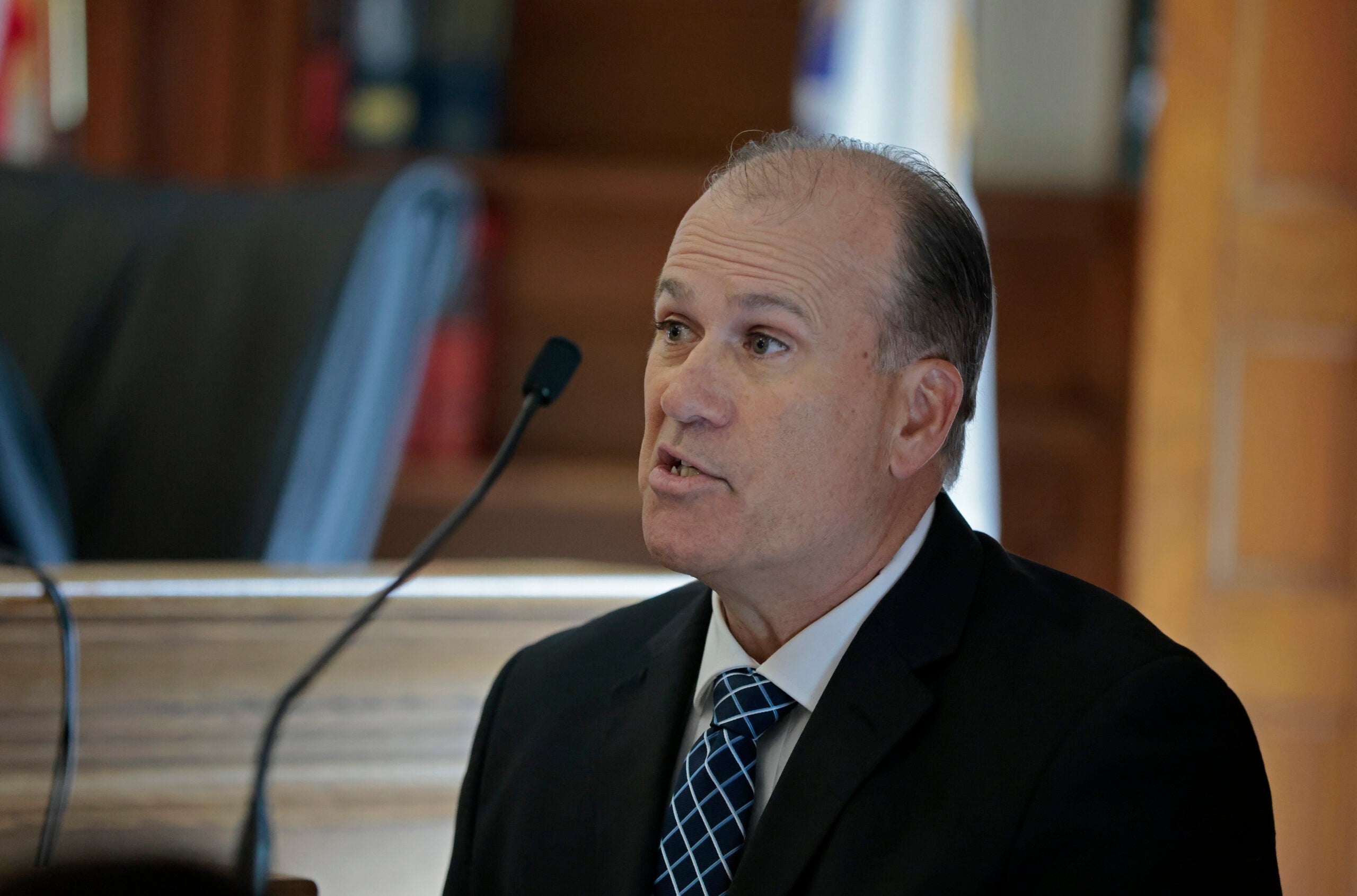

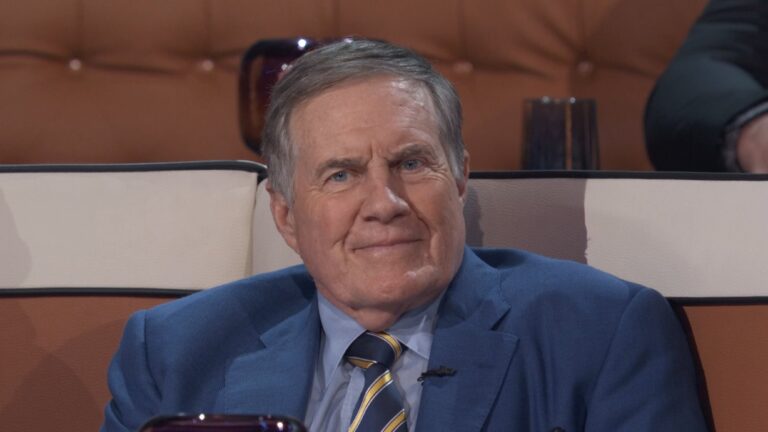
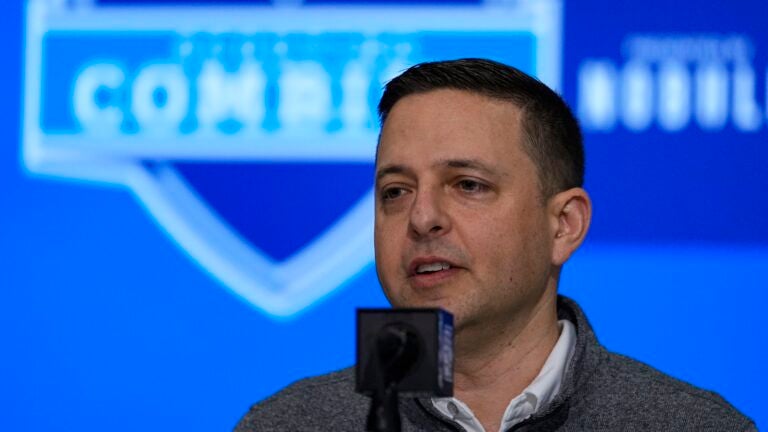
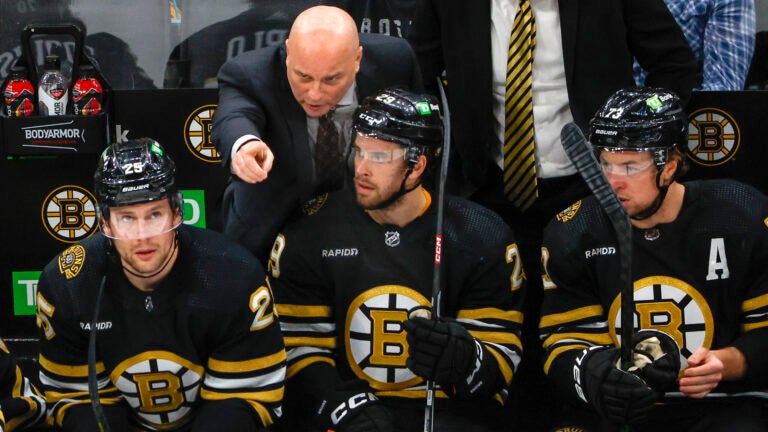
Conversation
This discussion has ended. Please join elsewhere on Boston.com